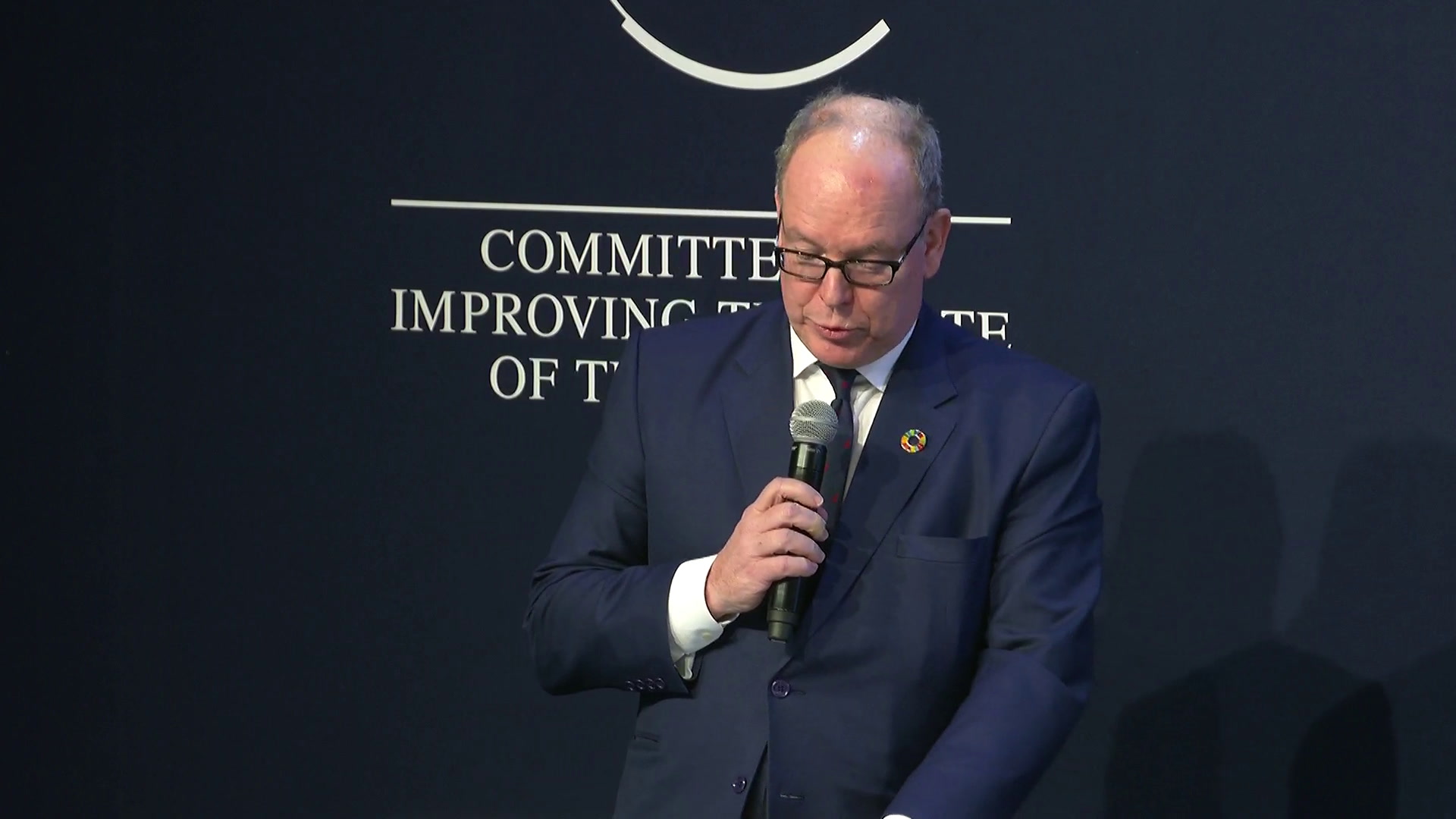Arctic Ocean could become ice-free by 2030. Why it matters?

The Arctic is warming twice as fast as the rest of the planet. This is due to human-caused climate change. Image: Pexels/Lars Bugge Aarset

Get involved with our crowdsourced digital platform to deliver impact at scale
Stay up to date:
Arctic

What’s the World Economic Forum doing about climate change?


Don't miss any update on this topic
Create a free account and access your personalized content collection with our latest publications and analyses.
License and Republishing
World Economic Forum articles may be republished in accordance with the Creative Commons Attribution-NonCommercial-NoDerivatives 4.0 International Public License, and in accordance with our Terms of Use.
The views expressed in this article are those of the author alone and not the World Economic Forum.
Related topics:
The Agenda Weekly
A weekly update of the most important issues driving the global agenda
You can unsubscribe at any time using the link in our emails. For more details, review our privacy policy.
More on ArcticSee all
Ayesha Tandon
June 1, 2023
Gill Einhorn and Spencer Feingold
April 13, 2023
Olivia Rosane
March 21, 2023
Simon Torkington
January 11, 2023






